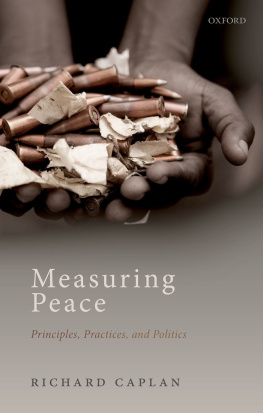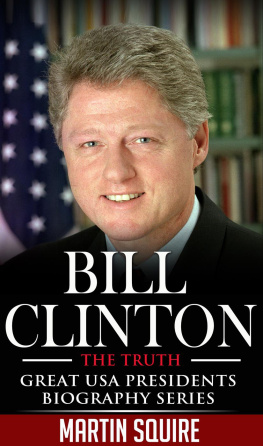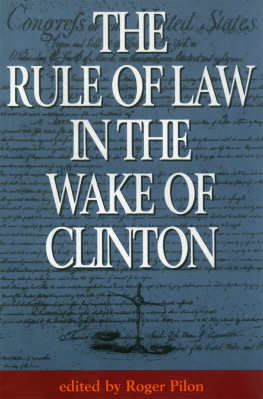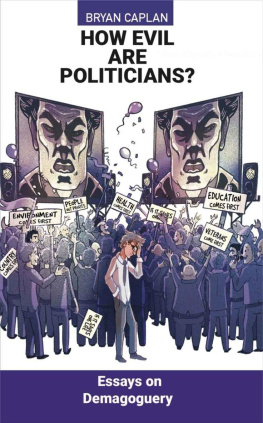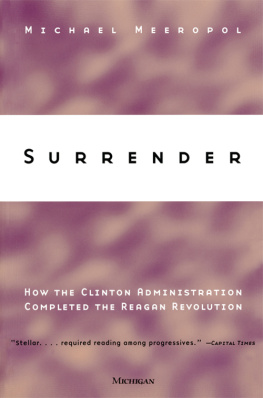Richard Caplan - State of the Union 1994: The Clinton Administration and the Nation in Profile
Here you can read online Richard Caplan - State of the Union 1994: The Clinton Administration and the Nation in Profile full text of the book (entire story) in english for free. Download pdf and epub, get meaning, cover and reviews about this ebook. year: 1993, publisher: Westview Press, genre: Politics. Description of the work, (preface) as well as reviews are available. Best literature library LitArk.com created for fans of good reading and offers a wide selection of genres:
Romance novel
Science fiction
Adventure
Detective
Science
History
Home and family
Prose
Art
Politics
Computer
Non-fiction
Religion
Business
Children
Humor
Choose a favorite category and find really read worthwhile books. Enjoy immersion in the world of imagination, feel the emotions of the characters or learn something new for yourself, make an fascinating discovery.
- Book:State of the Union 1994: The Clinton Administration and the Nation in Profile
- Author:
- Publisher:Westview Press
- Genre:
- Year:1993
- Rating:5 / 5
- Favourites:Add to favourites
- Your mark:
- 100
- 1
- 2
- 3
- 4
- 5
State of the Union 1994: The Clinton Administration and the Nation in Profile: summary, description and annotation
We offer to read an annotation, description, summary or preface (depends on what the author of the book "State of the Union 1994: The Clinton Administration and the Nation in Profile" wrote himself). If you haven't found the necessary information about the book — write in the comments, we will try to find it.
Richard Caplan: author's other books
Who wrote State of the Union 1994: The Clinton Administration and the Nation in Profile? Find out the surname, the name of the author of the book and a list of all author's works by series.
State of the Union 1994: The Clinton Administration and the Nation in Profile — read online for free the complete book (whole text) full work
Below is the text of the book, divided by pages. System saving the place of the last page read, allows you to conveniently read the book "State of the Union 1994: The Clinton Administration and the Nation in Profile" online for free, without having to search again every time where you left off. Put a bookmark, and you can go to the page where you finished reading at any time.
Font size:
Interval:
Bookmark:

Richard Caplan and John Feffer

52 Vanderbilt Avenue, New York, NY 10017
2 Park Square, Milton Park, Abingdon, Oxon OX14 4RN
Product or corporate names may be trademarks or registered trademarks, and are used only for identification and explanation without intent to infringe.
State of the union 1994: the Clinton administration and the nation in
profile / edited by Richard Caplan and John Feffer; foreword by
Barbara Ehrenreich.
p. cm.
Includes bibliographical references (p.) and index.
ISBN 0-8133-2022-4 ISBN 0-8133-2023-2 (pbk.)
1. United StatesPolitics and government1993- . 2. United
StatesForeign relations1993- . 3. Clinton, Bill, 1946- .
I. Caplan, Richard. II. Feffer, John.
E885.S73 1994
973.929'092dc20 93-41134
CIP
- ii
Font size:
Interval:
Bookmark:
Similar books «State of the Union 1994: The Clinton Administration and the Nation in Profile»
Look at similar books to State of the Union 1994: The Clinton Administration and the Nation in Profile. We have selected literature similar in name and meaning in the hope of providing readers with more options to find new, interesting, not yet read works.
Discussion, reviews of the book State of the Union 1994: The Clinton Administration and the Nation in Profile and just readers' own opinions. Leave your comments, write what you think about the work, its meaning or the main characters. Specify what exactly you liked and what you didn't like, and why you think so.



